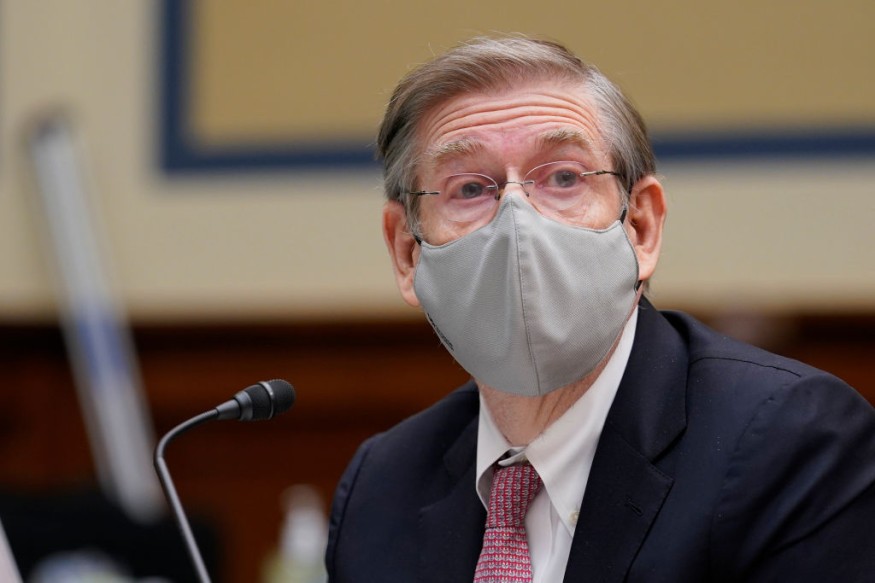COVID Vaccine Booster Shots Will Be Free, Says Biden Health Official

COVID vaccine booster shots will be available for free to the public if they are deemed needed.
The chief science officer for the White House's COVID response team, David Kessler, told senators during a hearing on Tuesday that the government has available funds to purchase the next rounds of vaccines. Kessler added that people will not have to pay for it, according to The Hill report.
The COVID response team officer cleared that there is still uncertainty whether the shots will be effective in offering protection against future variants of the coronavirus. Kessler added that the federal government is making the necessary preparations if they are needed. He also discussed how the country needs to ramp up its development of an oral antiviral drug that can be easily distributed, according to a CNBC report.
Kessler said that antibody treatments are part of their efforts to curb the pandemic. He added that a simple oral antiviral can add more efficiency on their end to curb the pandemic.
COVID Vaccine Booster Shots
Moderna had earlier conducted a study showing that booster shots are both hope and challenges when it comes to COVID variants. Moderna's booster shots appear to be effective against COVID variants, specifically B.1.351 and P.1.
Meanwhile, the Moderna vaccine does not protect against the variants for as long as they first stated, according to a Forbes report.
The booster shot is a third dose of the vaccine, which is administered six to eight months after the second dose.
Moderna CEO Stephane Bancel said that the company is eyeing to release its booster shot in the fall. Bancel believed that getting COVID vaccine booster shots will be a usual practice yearly as the COVID will not be going away.
Pfizer has also announced that it is studying a booster shot against emerging and existing COVID variants.
The company's CEO, Albert Bourla, said that the public would likely need a third dose of the COVID vaccine within the 12 months of completing their vaccine cycle.
Bourla said that the variants will play a role in determining when to administer booster shots.
Pfizer's vaccine candidate was reported to offer 91 percent protection against COVID. In comparison, it increases to 95 percent against severe disease for six months after the second dose, according to another CNBC report.
Data shows that those who are most affected by the pandemic are not being prioritized for vaccination, with information on the race and ethnicity of those who got the vaccine are only known for 53 percent. This creates a significant knowledge gap, according to an American Journal of Managed Care report.
On April 29, more than half of the American states have reported a significant reduction in COVID cases. This was after federal health officials announced that the virus's trajectory is improving in the country despite the uneven distribution of vaccinations still poses a challenge.
The U.S. had averaged over 52,000 new cases a day on April 28, which records a 28 percent plummet from two weeks before.
WATCH: Health experts say people may need vaccine booster shots - from CNBC Television
Subscribe to Latin Post!
Sign up for our free newsletter for the Latest coverage!
© 2026 Latin Post. All rights reserved. Do not reproduce without permission.












